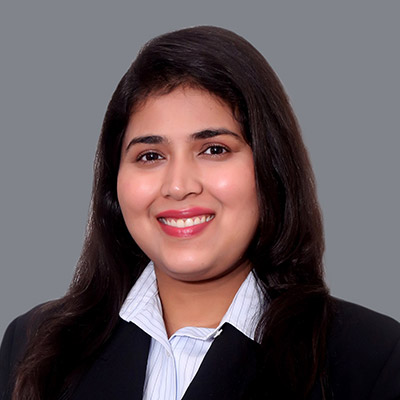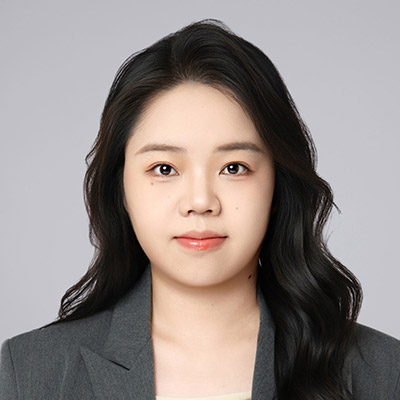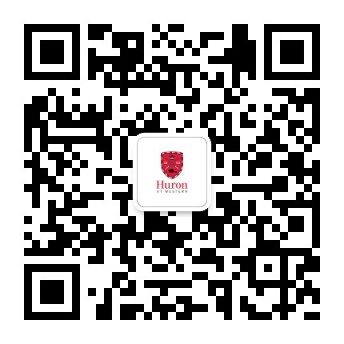Huron Alumna, Toby Schwartz, is a Foreign Service Officer with Global Affairs Canada. Although not directly involved during the June summit as it centred between the U.S., DPRK and Singaporean officials, Schwartz reported to Ottawa headquarters on the Summit preps.
Huron University spoke with Toby on her experience. Here is what she had to say during the Q&A:
What were you doing in Singapore and expand on your role?
I am Counsellor, Political and Public Affairs in the Foreign Policy and Diplomacy Service section at the High Commission of Canada. I am in charge of a small team that manages our bilateral relationship with Singapore, including organizing and managing visits, providing political reporting and advice, dealing with the media, showcasing Canadian arts and culture, and promoting Canadian foreign policy priorities. Since Singapore is also chairing the Association of Southeast Asia Nations (ASEAN) in 2018, I am also working on this regional issue to some extent, including by providing advice on how best to advance Canadian priorities in relation to Singapore’s ASEAN Chairmanship priorities. We work closely with the other teams at the High Commission, including the Commercial and Defence teams in particular.
How was it being in Singapore during the summit?
It was really interesting for me on many levels. First, of course because I had studied and followed the Korean Peninsula and related issues for many years, and I thus had the chance to witness the Summit from an (almost) front row seat, and do some reporting on this based on what we observed (although we had no involvement in the Summit itself). I never expected to be covering this while in Singapore; no one could have predicted this a year, or even a few months ago. Second, regardless of what happens next, the meeting itself was historic, and so it was meaningful to be here, witnessing history in the making.
Third, I also had the chance to reunite with a close friend who I’d met at Yonsei, who works as a journalist and came to Singapore to cover the Summit. It was great to chat with her and hear her perspective on the current state of affairs on the Korean peninsula, as someone very close to the issue.
Any event during your time in Singapore stand out in your mind?
Celebrating CANADA 150 in Singapore was great. We held a range of events to engage the public and shared some of the best of Canada’s richly diverse culture with Singaporeans. Singapore and Canada share the characteristic of being diverse, multicultural societies, so although we are about as far apart in the world as you can get geographically, there are some cultural similarities that bring our two countries together. It’s also always great to organize and see through Ministerial visits, and there have been several since I arrived, as high-level engagement really helps to move a bilateral relationship forward. Finally, I have to say that arranging a feminist film festival last year – which we named “Smash the Glass” was very rewarding, as we promoted women’s empowerment and gender equality through a series of first-rate Canadian films, and I think these events resonated well with local audiences.
How did Huron enable you to be where you’re at professionally today.
The key turning point was my exchange to Yonsei University in Seoul, Korea. I was planning to go to Malta, but applied to Yonsei as a back-up in case I wasn’t selected for Malta. Although I was looking forward to fun in the sun in Malta, I remember Dr. Crimmins and Dr. Vanio-Matilla pulling me aside to give me their advice that Korea would be a good choice for me, Everything that has happened to me personally and professionally since then has been shaped by the decision to go to Yonsei. Because of my time there, I developed a strong interest in inter-Korean relations and the prospects for Korean unification; I wrote my 4th-year thesis on that issue. Upon graduating, I was selected for a highly sought-after internship at the Canadian Embassy in Beijing, which at the time was also responsible for covering the DPRK. I have no doubt that my knowledge of the DPRK based on my studies was what set me apart for the position. Following my internship there, I received a number of contracts to work at what was then the Department of Foreign Affairs, and these contracts eventually turned into a permanent position – which brought me to where I am today. My entire career to date has been focused on Canada’s relations with various countries in East, South and Southeast Asia. On a personal level, I also began dating my husband while in Seoul – and we have been together ever since – through moves to Seoul, Beijing, Taiwan and Singapore and now with two kids in tow.
What was the turning point at Huron when you realized you wanted to do global affairs.
There wasn’t a turning point per se, as I had always known that I was interested in this line of work and had studied ICS and Political Science for this reason. Taking the courses at Huron in ICS, IPE, Political Theory, and International Relations served to confirm this interest for me. I really enjoyed these courses and I knew this was a field that I wanted to pursue.
Who helped you the most at Huron / made an impact on you?
Arja Vanio Matilla and Jim Crimmins were undoubtedly the most important figures for me. I took a number of courses with Arja, and she supervised my thesis, and I found her to be inspiring – a unique, passionate woman who really cared about the course material, her students, and the need to make the world a better place. Jim was similarly important to me, and although I took fewer courses with him, I also worked with him as a research assistant and so got to know him quite well. Both of them encouraged me to apply for the Rhodes Scholarship – something I never would have considered otherwise. I was shortlisted for the scholarship and was interviewed in my home province of NS. Although I wasn’t selected (nerves got the better of me during the interview) I have always felt appreciative that they encouraged me to go through that experience and believed that I had a shot at something of that nature, and I have kept in touch with both of them over the years. David Blair was also really a great professor and I enjoyed his courses and his perspective on international affairs.
Story cover photo credit: AP Photo/Evan Vucci





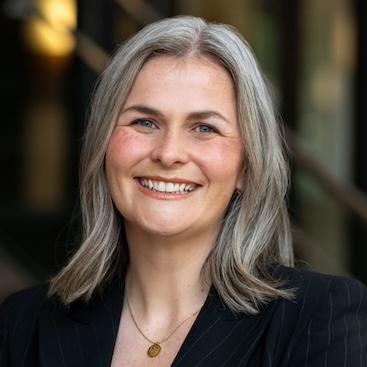
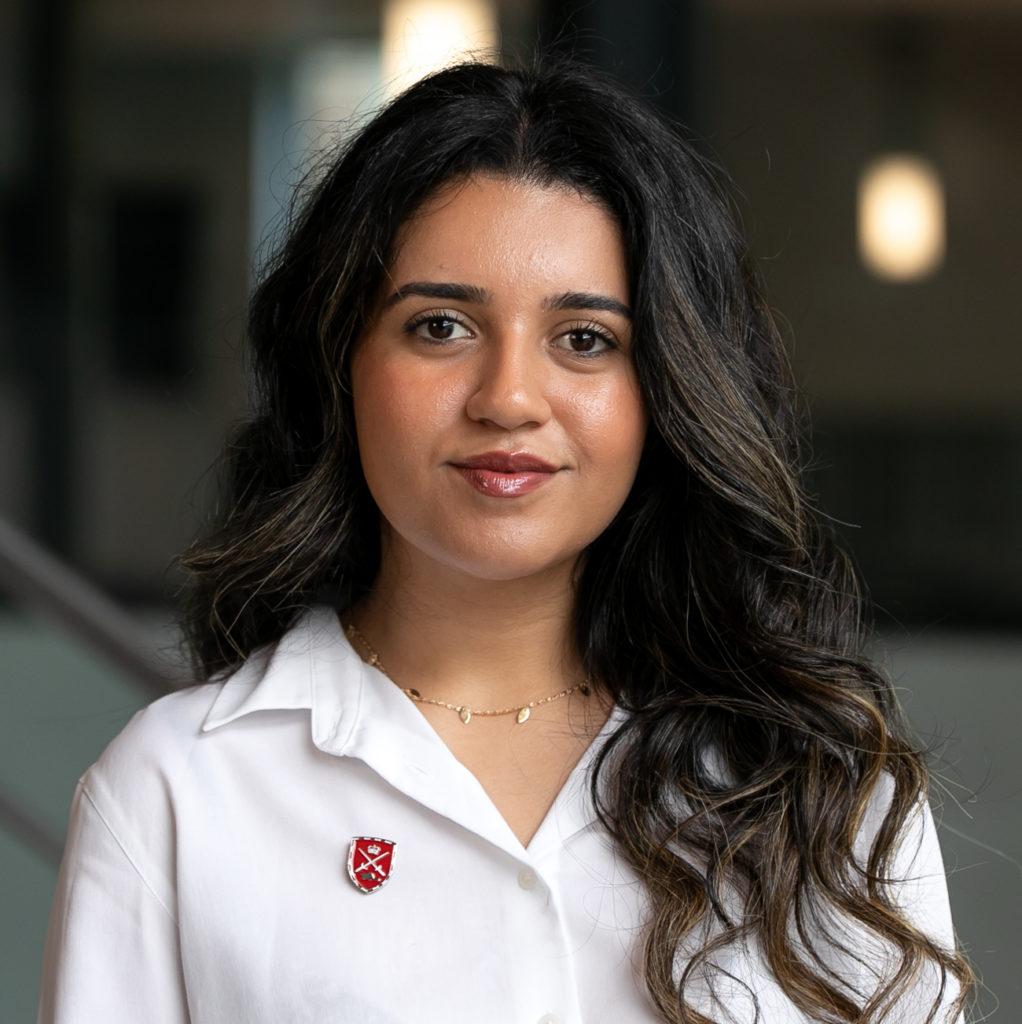
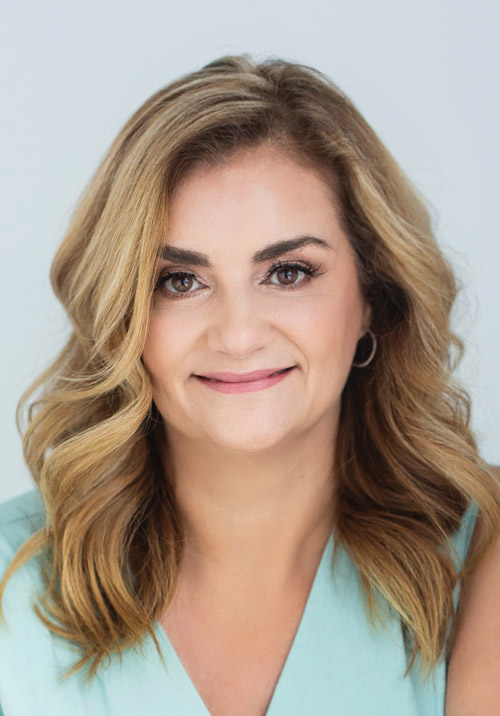 Lisa Jones Keenan is the Vice President of Sales at Xplornet Communications, the largest rural fixed wireless broadband service provider in Canada.
Lisa Jones Keenan is the Vice President of Sales at Xplornet Communications, the largest rural fixed wireless broadband service provider in Canada. 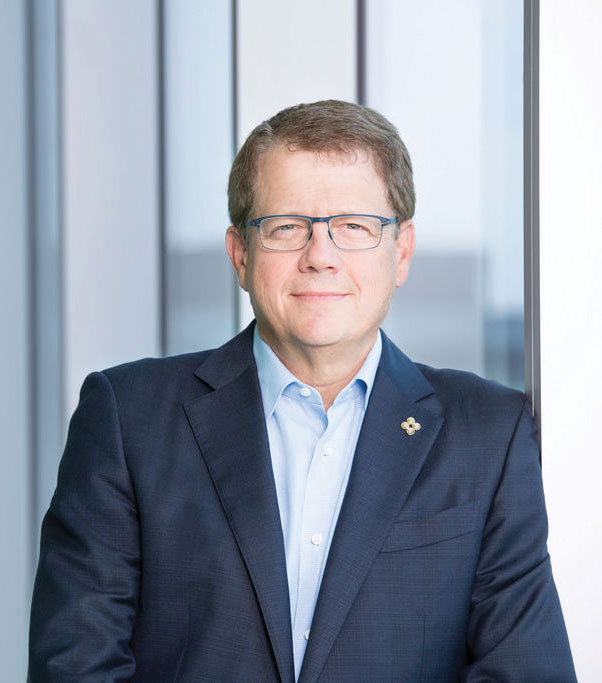
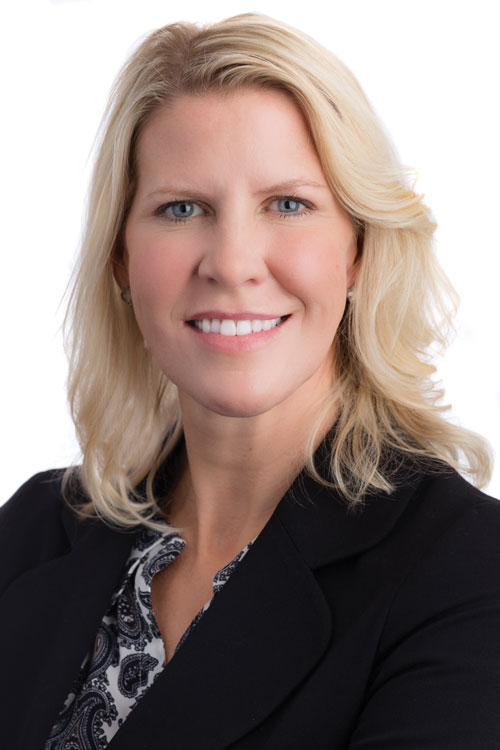 Leigh Allen is the AVP, Global Strategic Research, Reinsurance Group of America Inc., one of the world’s largest global life and reinsurance companies.
Leigh Allen is the AVP, Global Strategic Research, Reinsurance Group of America Inc., one of the world’s largest global life and reinsurance companies.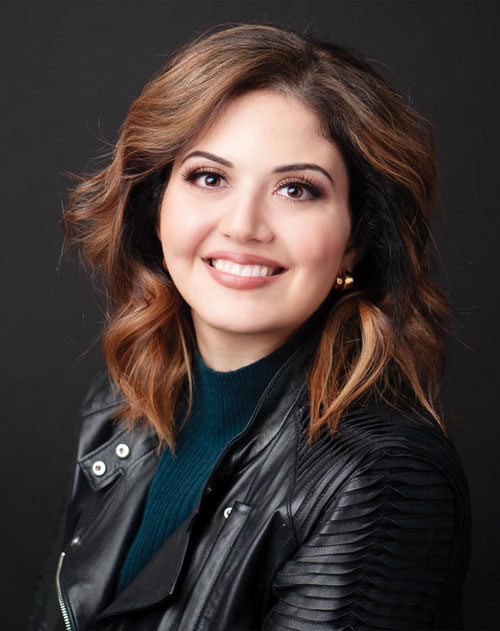 Yola Ventresca is a Managing Partner, Lerners LLP, Secretary of Huron’s Board of Governors and a Huron Class of ’02 alumni. Selected as one of Canada’s “Best Lawyers,” she is passionate about the value of Liberal Arts in helping students succeed in their careers.
Yola Ventresca is a Managing Partner, Lerners LLP, Secretary of Huron’s Board of Governors and a Huron Class of ’02 alumni. Selected as one of Canada’s “Best Lawyers,” she is passionate about the value of Liberal Arts in helping students succeed in their careers.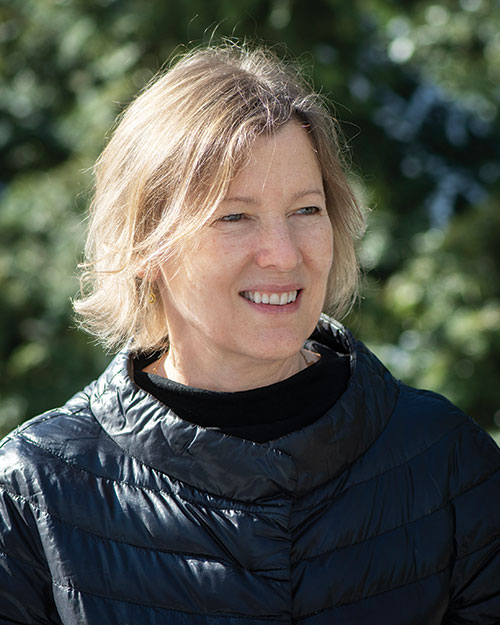 Susan Farrow is an Assistant Professor in The Temerty Faculty of Medicine at the University of Toronto and a Founding Partner and Co-Director of The Toronto Institute of Group Studies, an organization offering certified training and education in group leadership.
Susan Farrow is an Assistant Professor in The Temerty Faculty of Medicine at the University of Toronto and a Founding Partner and Co-Director of The Toronto Institute of Group Studies, an organization offering certified training and education in group leadership. 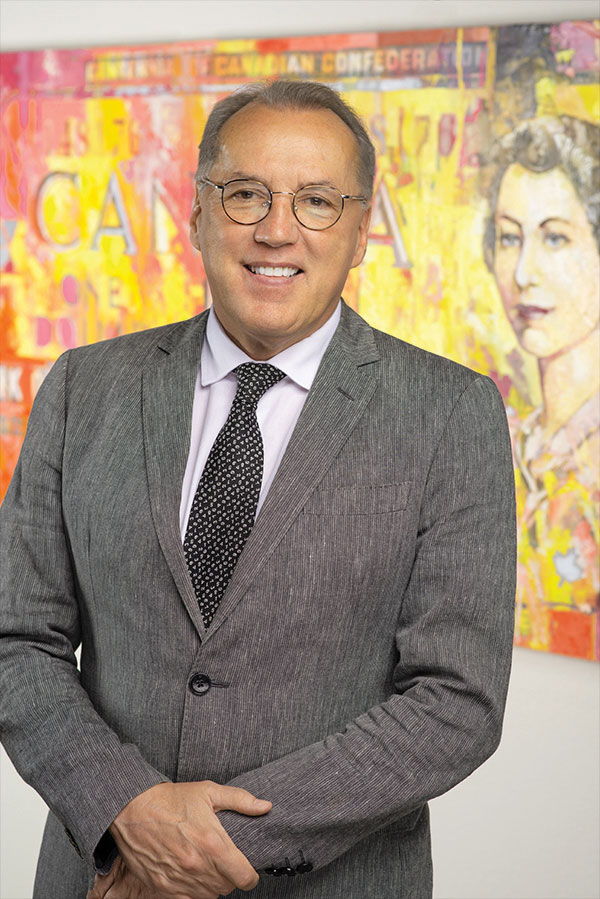 Frank Holmes is CEO and Chief Investment Officer of U.S. Global Investors, as well as a business commentator, philanthropist and Huron Class of ‘78 alumnus. Holmes also serves as the Executive Chairman of HIVE Blockchain Technologies, the first cryptocurrency mining company to go public in 2017.
Frank Holmes is CEO and Chief Investment Officer of U.S. Global Investors, as well as a business commentator, philanthropist and Huron Class of ‘78 alumnus. Holmes also serves as the Executive Chairman of HIVE Blockchain Technologies, the first cryptocurrency mining company to go public in 2017.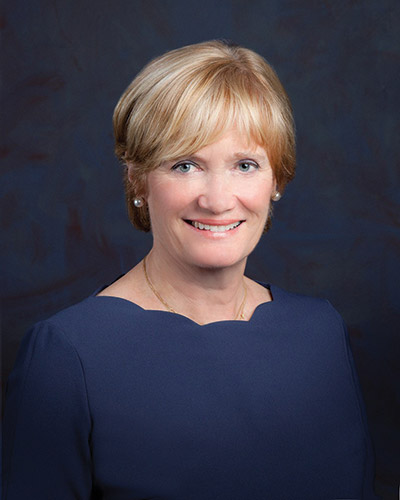 Kelly Meighen is an experienced philanthropist and volunteer. In her role as president of the T.R. Meighen Family Foundation, she has created a legacy of volunteerism and philanthropic giving in the areas of youth mental health advocacy, environmental conservation and cultural vibrancy.
Kelly Meighen is an experienced philanthropist and volunteer. In her role as president of the T.R. Meighen Family Foundation, she has created a legacy of volunteerism and philanthropic giving in the areas of youth mental health advocacy, environmental conservation and cultural vibrancy. 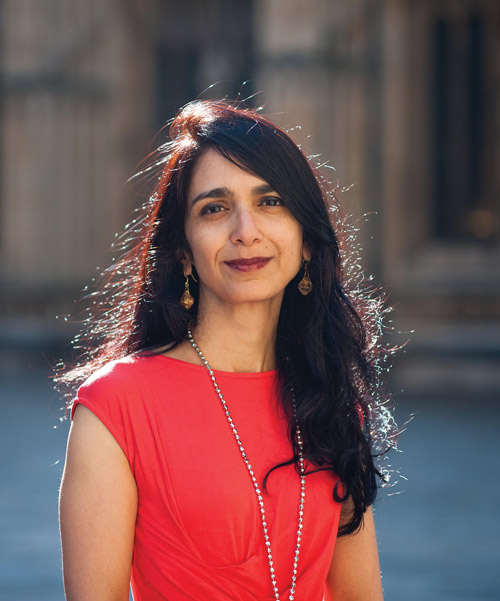 Ranjita is Executive Chair of the Oxford Global Partnership, advising investors, businesses, family offices and entrepreneurs on sustainable, inclusive and responsible value creation. A Business Fellow at Oxford University’s Smith School, Ranjita engages with companies on pursuing value with values, and teaches a postgraduate “Essentials of ESG & DEI” course.
Ranjita is Executive Chair of the Oxford Global Partnership, advising investors, businesses, family offices and entrepreneurs on sustainable, inclusive and responsible value creation. A Business Fellow at Oxford University’s Smith School, Ranjita engages with companies on pursuing value with values, and teaches a postgraduate “Essentials of ESG & DEI” course.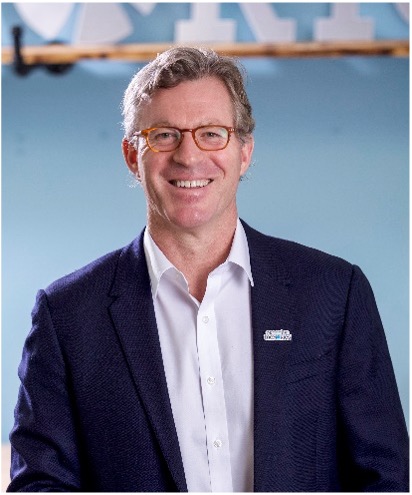 Caleb Hayhoe is the Founder & Chairman of Flowerdale Group and a Huron Class of ’85 Alumnus. Flowerdale Group is a Hong Kong based family office with a global investment outlook across public markets, real estate and private investment. Hayhoe previously spent over ten years building a global sourcing business together with an exceptional team, and remains committed to entrepreneurialism and helping great ideas become sustainable companies.
Caleb Hayhoe is the Founder & Chairman of Flowerdale Group and a Huron Class of ’85 Alumnus. Flowerdale Group is a Hong Kong based family office with a global investment outlook across public markets, real estate and private investment. Hayhoe previously spent over ten years building a global sourcing business together with an exceptional team, and remains committed to entrepreneurialism and helping great ideas become sustainable companies.
